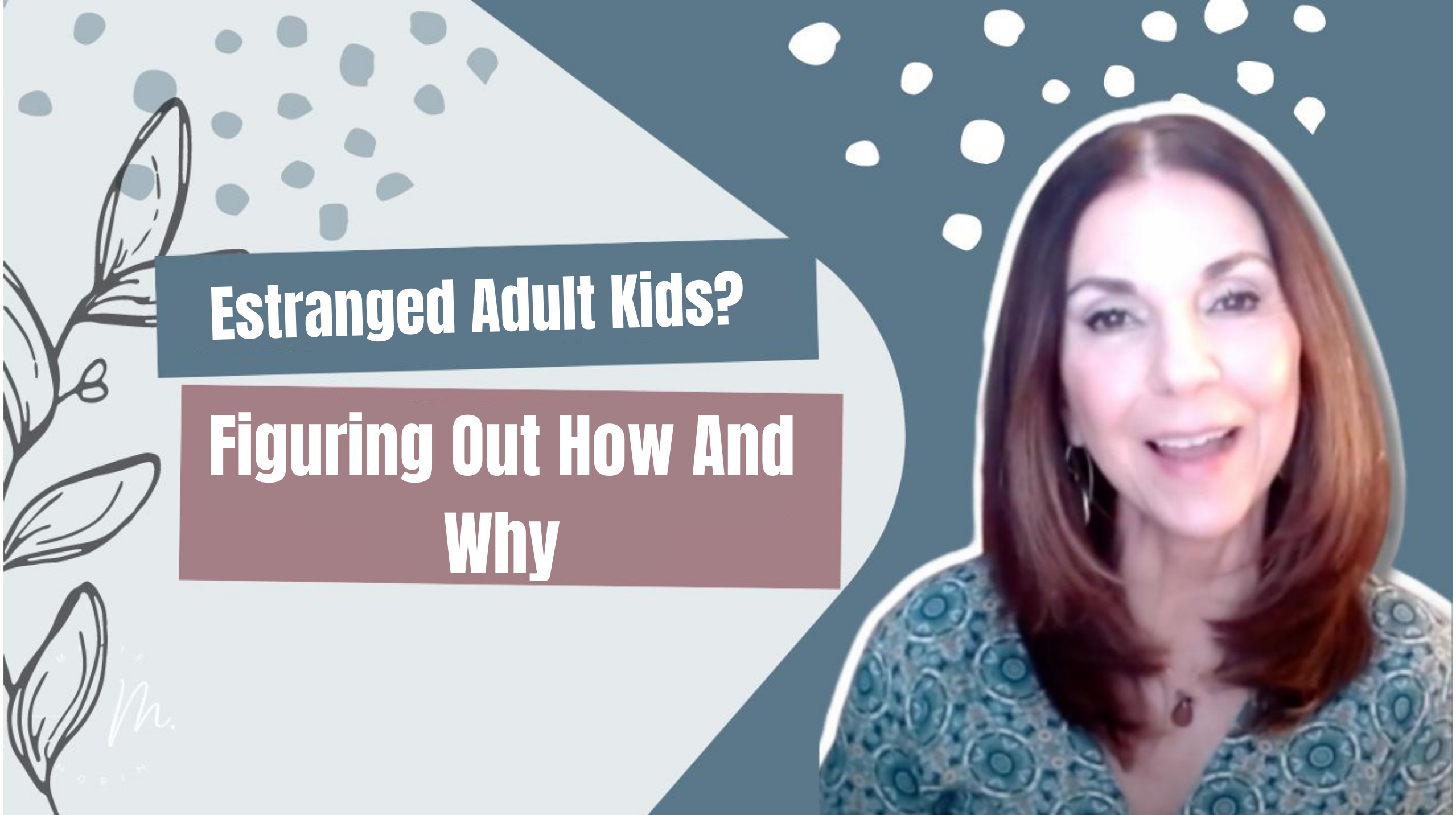As children grow into adults, the dynamics of their relationship with parents undergo profound changes. The evolution from a parent-child connection to a more equal and peer-like relationship often triggers growth and challenges. This evolution can strengthen bonds or expose existing fault lines, potentially leading to estrangement. Estrangement is a deeply emotional and intricate subject that encompasses a range of factors. By delving into these reasons, we gain insights into the complexities of human emotions, family dynamics, and individual growth. Recognizing the diverse motivations behind estrangement helps us approach the topic with empathy and understanding.
It’s All About Perspectives
In the world of estrangement, perspectives are everything. How adult children and their parents view their relationship can be worlds apart, leading to a great divide. Understanding these differing viewpoints is critical to comprehending the reasons behind estrangement.
The Evolution of Relationships
As children mature, they assert their autonomy and establish their identities. This shift often transforms the parent-child relationship into one where opinions are exchanged as equals rather than unilaterally dictated. Successfully navigating this transformation requires mutual respect and effective communication.
Some families smoothly adapt to the evolving relationship dynamics, allowing healthy connections to flourish. Others encounter obstacles that hinder effective communication and mutual understanding. If left unresolved, these challenges can contribute to emotional distance and, in extreme cases, estrangement.
Communication Breakdown
Miscommunication and misunderstandings can erode even the most robust relationships over time. Clashes arise when differing viewpoints, values, and experiences create unaddressed tensions. The inability to engage in open, non-judgmental conversations can drive a wedge between parents and adult children. As individuals develop their beliefs and values, disagreements with their parents may intensify. Differences in lifestyle choices, such as career paths, relationships, and life goals, can exacerbate these conflicts. Finding common ground on significant decisions can contribute to estrangement.
Unhealed Childhood Wounds
Childhood experiences significantly shape an individual’s emotional foundation. Unresolved trauma, neglect, or lack of emotional support during formative years can impact self-esteem and emotional well-being in adulthood. These unhealed wounds can resurface, influencing the decision to create distance from parents.
Adults who experienced neglect, abuse, or a lack of emotional support during their upbringing may find it challenging to maintain a relationship with their parents. The pain associated with these past experiences might lead to a desire for self-preservation and a reluctance to expose themselves to further emotional distress.
Different Life Trajectories
Parents often hold expectations for their children’s paths, including careers and relationships. When adult children’s choices deviate from these expectations, conflicts can arise. The tension between pursuing personal aspirations and appeasing parental desires can prompt estrangement.
Self-discovery and independence can involve separating from parental influences. Some adult children might distance themselves to explore their identities and avoid the pressures of conformity. This desire for autonomy, while natural, can lead to temporary or permanent estrangement.
Toxic Family Dynamics
Toxic family dynamics marked by manipulation, control, or emotional abuse can drive estrangement. Adults who feel trapped in such an environment may prioritize their emotional and mental well-being by severing ties. Breaking free from toxicity can be crucial for personal growth and healing.
For some, the choice to estrange themselves is a complex but necessary step toward preserving their mental and emotional health. Cutting ties becomes a survival mechanism to shield themselves from further harm. It’s an act of self-care that reflects prioritizing well-being over maintaining familial connections.
Untangling the Emotional Web
Estrangement is rarely a one-dimensional choice; many emotions, experiences, and factors influence it. It’s essential to approach this decision with sensitivity and an understanding of the intricate emotional web that surrounds it. Outsiders may struggle to comprehend the depth of emotions involved, making empathy a crucial component in discussions around estrangement.
Personal experiences and feelings shape each family’s journey toward estrangement. The decision to be estranged from parents is rarely taken lightly; it’s often the result of careful consideration and emotional turmoil. Acknowledging the personal nature of this choice helps foster a more empathetic and respectful dialogue.
The Healing Process
Reconciliation after estrangement is a delicate process that requires mutual effort. Both parents and adult children must be open to introspection and change. A willingness to heal and rebuild the relationship is the foundation for progress.
Healing begins with self-awareness and reflection on past actions and behaviors. Open, non-judgmental communication can facilitate understanding and pave the way for resolution. Confronting unresolved issues from the past is often uncomfortable but necessary for growth.
Trust requires consistent effort, transparency, and respect. Empathy for each other’s perspectives can bridge the gap that estrangement created. A commitment to positive change and a healthier relationship dynamic is instrumental in overcoming the aftermath of estrangement.
Conclusion
Navigating the challenges of evolving relationships is a profound journey. These changes, though challenging, offer opportunities for growth and connection. Recognizing the dynamic nature of relationships can prepare families to handle these shifts with understanding and compassion.
Open communication, empathy, and understanding cannot be overstated. Communication is the cornerstone of maintaining healthy relationships. Empathy allows us to step into the shoes of our loved ones and see their perspectives. Understanding the reasons behind estrangement helps foster a more compassionate attitude toward those who’ve experienced it.
While estrangement can be painful, it’s not an insurmountable obstacle. Families can bridge gaps and rebuild connections by actively working to understand one another. Nurturing love, empathy, and open communication is the foundation for creating lasting, meaningful relationships.









